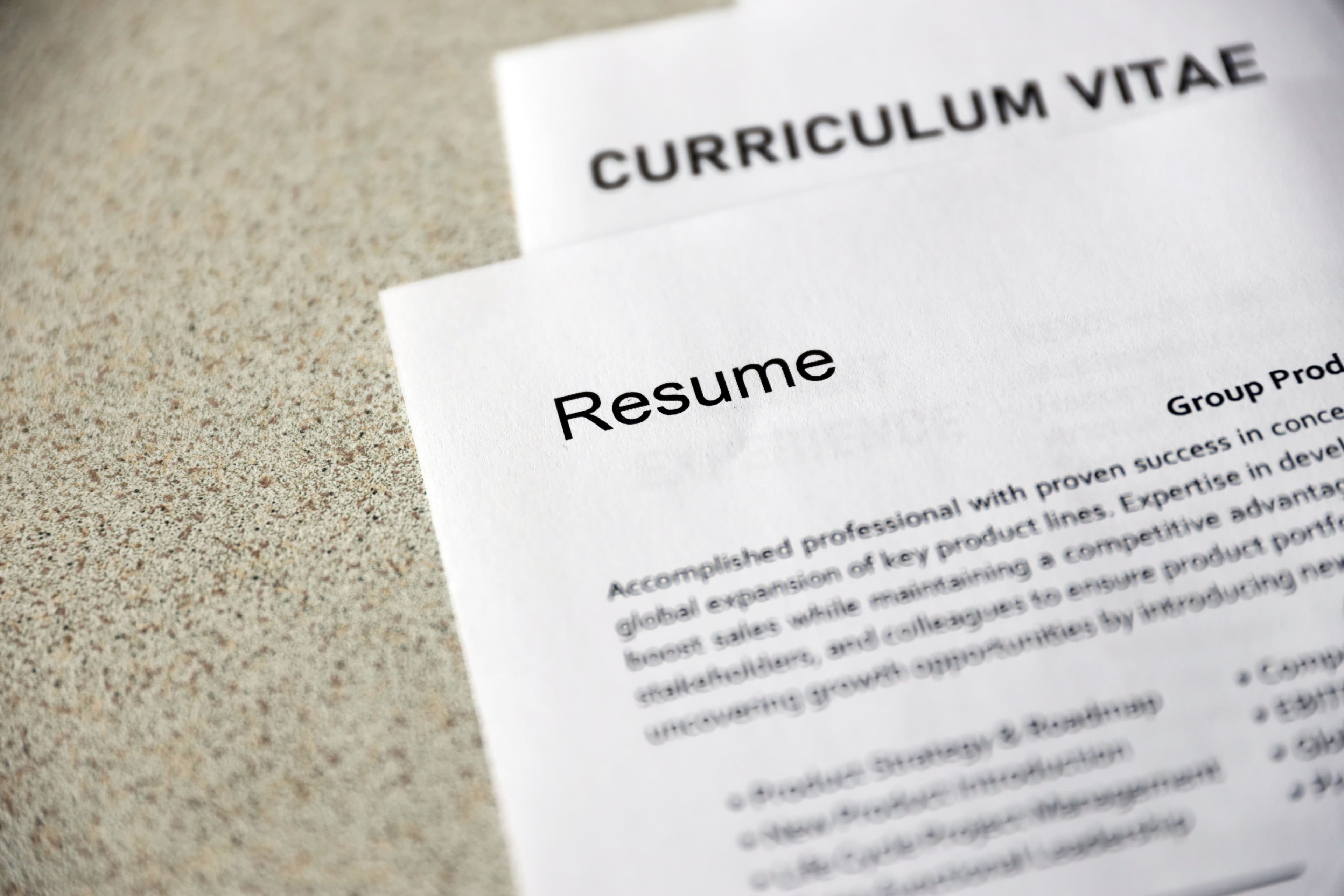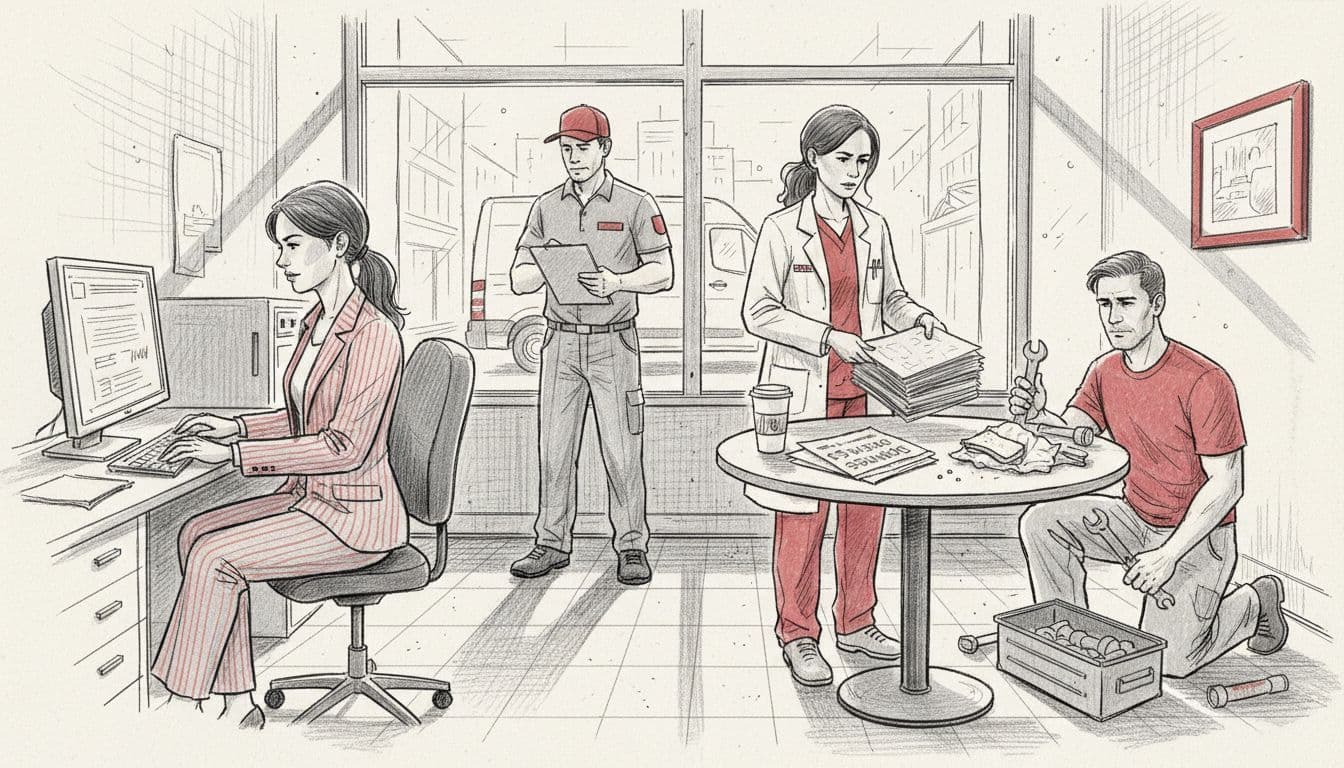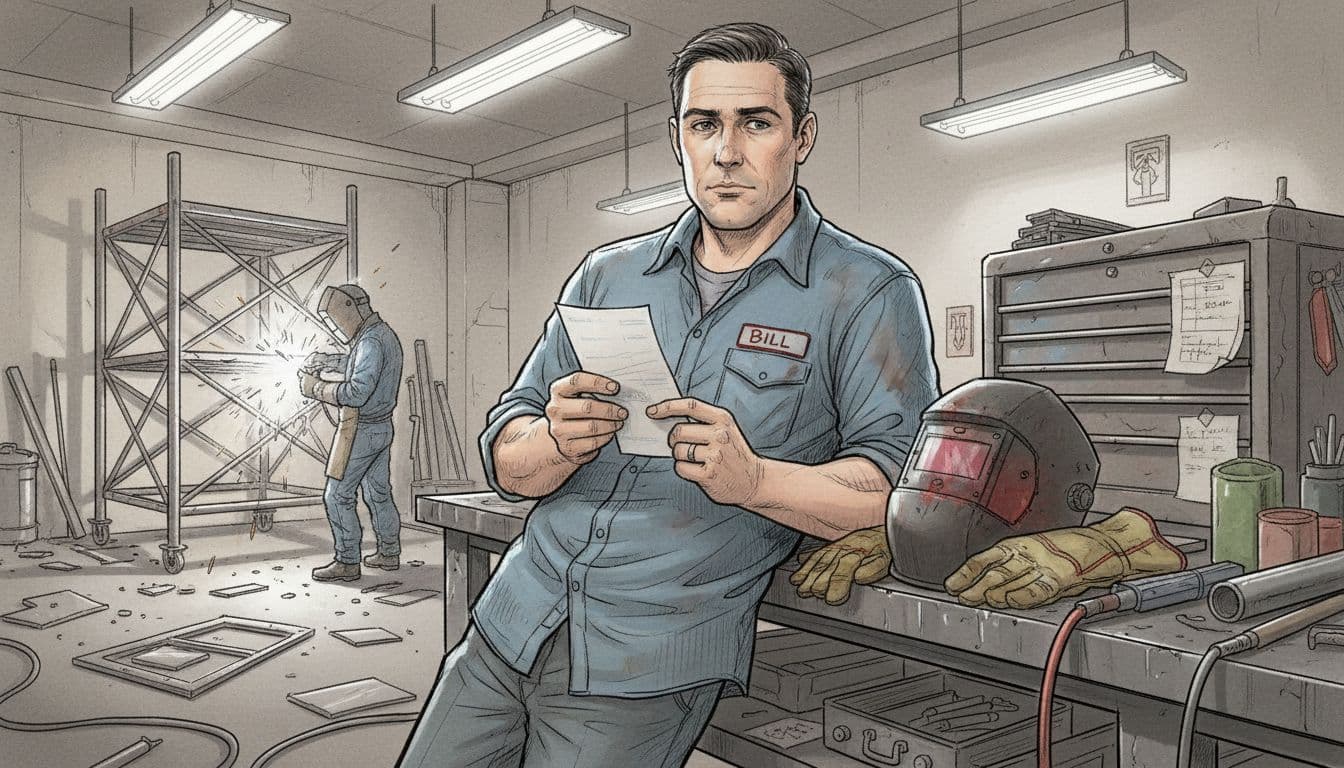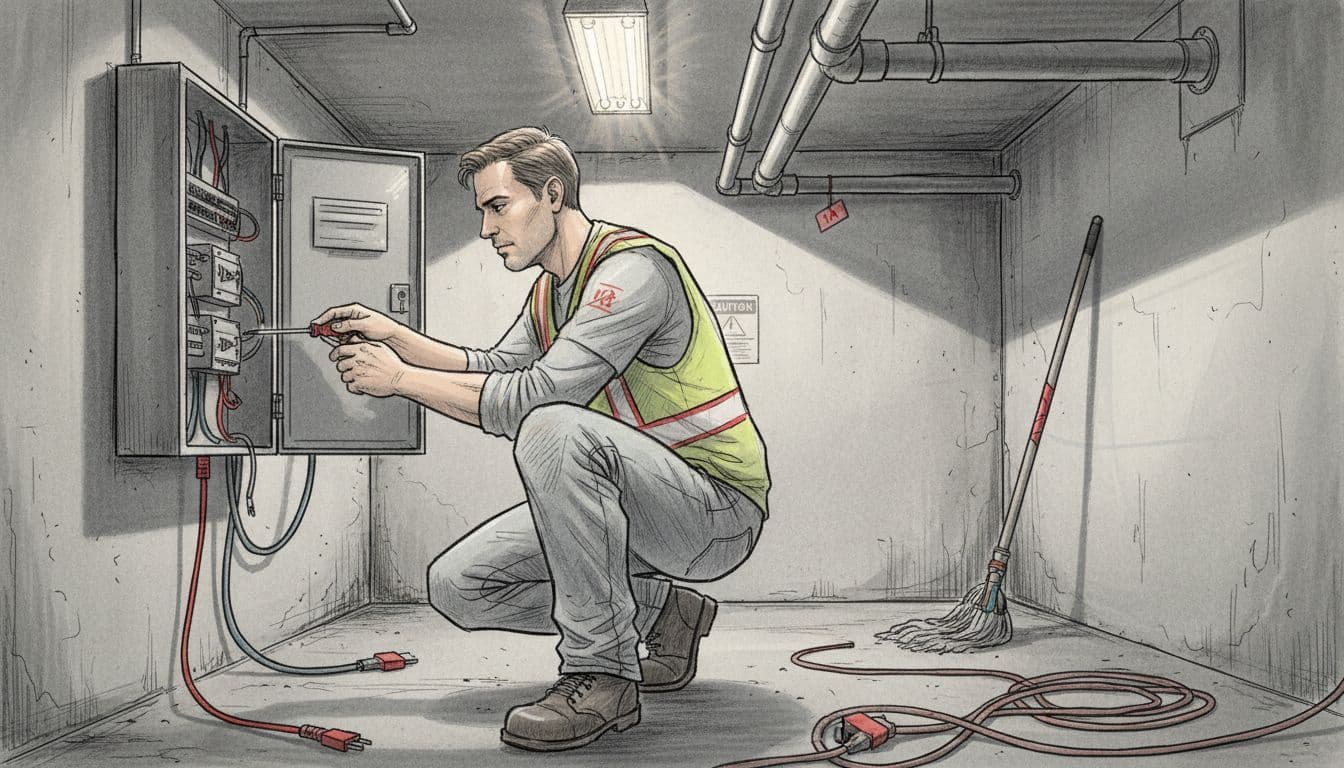From Confusion to Clarity: A Step-by-Step Guide to Career Discovery with Real Life Examples
01.20.2025
Career Exploration

Navigating a career path can feel overwhelming, whether you're just starting out or looking to pivot after years in a profession. Many undergraduate students remain deeply concerned about their post-graduation prospects. The good news? There are millions of people out there who felt the same way at one point in their career discovery journey and now have it “figured out.”
As a lawyer who has successfully transitioned through multiple careers, I know exactly how powerful structured exploration can be. My own journey from a confused undergraduate to successful professional wasn't linear — it involved pivoting from pre-med studies to law, spanning three countries and countless exams. But it taught me something crucial: career clarity comes from systematic exploration and meaningful connections with professionals who've walked similar paths.
This guide distills insights from My Career Shop interviews and academic research into actionable steps to help you move from confusion to clarity in your career journey.
Understanding Your Starting Point
Before you chart a new course, it's essential to understand where you are. This means taking appraisal of your skills, values, and lifestyle goals. Naturally, this is going to look different for everyone, as you can see in two contrasting approaches:
Ankur Chawla, Certified Public Accountant and Partner at AC & Partners, took a methodical path. He used his natural strengths in math to guide his decision-making toward accounting. "I knew engineering was much harder than accounting, so I picked the easier route," he explains, demonstrating how honest self-assessment can guide career choices.
Meanwhile, like many children of immigrant parents, I found myself on a predetermined path toward medicine at the University of Toronto — a path that ultimately didn't align with my true interests and skills.
Skills Inventory
Make a list of your core competencies, including both hard and soft skills. Include everything from technical expertise to interpersonal strengths.
There are plenty of options for taking stock of your abilities, from online tools and how-to guides to asking colleagues and peers for feedback. And remember: it’s not all about highlighting what you're good at. It’s equally important that you identify skills gaps that you need to address.
Beyond identifying your skills, categorize them by proficiency level and relevance to potential careers. For instance, are your communication skills suited for leadership roles or client-facing positions? A deep dive into these aspects can help you avoid stress and disappointment down the road shape your career direction.
Values Assessment
Reflect on what matters most to you. Do you value autonomy? Collaboration? A sense of purpose? Identifying your non-negotiables will help you evaluate whether potential career paths align with your personal and professional priorities.
Here’s a key moment from Ankur’s decision-making process that happened relatively early in his career discovery: “Back then, people used to say if you’re good at math, you should go into accounting or engineering. I knew engineering was much harder than accounting, so I thought, why not pick the easier route?”
If this is challenging for you, consider using structured tools like values clarification exercises or work with a career coach or mentor to unearth priorities you might not immediately recognize. Understanding these deeper values can help you avoid careers that might seem attractive initially but conflict with your long-term goals.
Lifestyle Goals
Consider your ideal work-life balance, income needs, and preferred working conditions. My own experience juggling multiple jobs — managing a furniture company during the day while working as a sales associate at Best Buy in the evenings — taught me the importance of sustainable career choices (the hard way).
If you value flexibility, traditional 9-to-5 roles may not be the best fit. Take time to visualize your day-to-day life in various career paths. What does success look like to you? By painting this mental picture, you'll have a clearer sense of whether a career choice aligns with your broader life aspirations.
Research Methodology
Once you have a clear understanding of your starting point, it's time to research potential careers. While some careers, like those in the trades, have a more obvious pathway from training to employment, that’s not always the case. For instance, despite being a popular undergraduate choice, only 20-25% of psychology alumni report seeing a direct connection between their training and career.
In other words, it never hurts to take a closer look at your career options.
Conducting Effective Industry Research
The research is clear: career exploration enhances self-efficacy and confidence in career decision-making. While job fairs focus on immediate employment, effective career research involves understanding the broader landscape of possibilities. Start by narrowing your focus to a few industries or roles that interest you.
Take advantage of multiple information sources:
- Industry-specific blogs and publications
- Professional association websites
- Government labor statistics
- Market trend reports
For example, Ankur's journey through Wilfrid Laurier University's Business Administration program shows how exploration within the traditional education system works: "You take all the basic courses in those fields, and as you start to narrow down your job, what you want to do as your career, then you have to start taking specific courses."
In my case, after receiving candid feedback about my unsustainable 70-hour work week, I took a structured approach to exploring six potential career paths, including law, medicine, and finance. This systematic research, which involved speaking directly with professionals in each field, ultimately led me to law.
Informational Interview Strategies
Speaking directly with professionals in your target field can provide invaluable insights. Small-group mentoring sessions and one-on-one conversations are particularly effective for career exploration. Prepare thoughtful questions about their daily responsibilities, challenges, and career trajectory. Focus on learning about the realities of the role rather than selling yourself.
Consider questions like:
- "What do you wish you knew before starting in this field?"
- "What skills are most undervalued but essential in your industry?"
- "How has your role evolved with changes in technology or market demands?"
- "What does a typical day look like in your position?"
These conversations can uncover hidden challenges and opportunities that might not be apparent from job descriptions or company websites.
Testing Career Fit
Before committing to a new direction, test your interest and aptitude through short-term experiments. As opposed to the psychology undergrads I mentioned earlier, those who engage in practical career exploration before making transitions report higher confidence and job satisfaction. The key is to create low-stakes opportunities that allow you to gain hands-on experience and refine your goals.
Short-Term Experiments
My own journey illustrates the importance of real-world testing. While pursuing my undergraduate degree, I found myself spending more time on the basketball court than in biology labs. In hindsight, that was a crystal clear sign that my initial career direction was off. Similarly, Ankur used his university coursework as a testing ground, letting his experience in different business courses inform his eventual specialization in accounting.
Consider these ways to test potential career paths:
- Participate in workshops or bootcamps
- Take online courses through platforms
- Attend industry conferences
- Join professional associations as a student member
- Shadow professionals in your field of interest
The goal isn't just to learn new skills but to experience the day-to-day realities of the work. For example, spending a weekend in a coding bootcamp could confirm whether tech roles suit your interests, while certification courses can enhance your resume while testing your aptitude.
Side Projects
If you're currently employed, use your free time to take on projects that align with your potential career. It’s well-known advice that professionals who engage in relevant side projects before career transitions are more likely to succeed in their new roles. For instance:
- Writing articles for niche publications could help test a future in journalism
- Contributing to open-source projects could clarify whether software development is your calling
- Managing social media for a local business could explore marketing interests
- Volunteering as a project coordinator could test program management skills
These projects serve dual purposes - they not only test your aptitude but also build a portfolio that demonstrates your commitment to the new field.
Volunteer Work
Just like side projects, volunteer roles provide a great opportunity to learn more about a new job or industry (not to mention building transferable skills and giving back to the community). Consider strategic volunteering that aligns with your career interests:
- Treasurer for a nonprofit (financial management experience)
- Event coordinator for community organizations (project management skills)
- Technical support for local charities (IT experience)
- Marketing volunteer for grassroots organizations (communications experience)
Remember that the goal of testing career fit isn't to achieve perfection but to gather real-world data about your interests and abilities. As my brother-in-law's candid feedback about my unsustainable work schedule showed, sometimes the most valuable career insights come from experiencing what doesn't work.
Making the Decision
Armed with data and experience, it’s time to evaluate your options and make a decision.
Creating Decision Criteria
Develop a weighted checklist to compare your options based on key factors like job stability, growth potential, alignment with values, and income prospects. Prioritize your criteria based on your individual goals. For instance, if work-life balance is your top priority, weigh that more heavily than other factors. Tools like decision matrices can help make this process more objective.
Getting Feedback
Seek input from mentors, colleagues, and trusted friends. Building a network of strategic relationships can give you objective perspectives and help you identify blind spots. Online communities can also be a valuable resource for broader perspectives. Engaging with professionals in your desired field through platforms like Reddit or industry-specific forums can yield unfiltered advice and anecdotes.
Taking Calculated Risks
No decision is without risk, but embracing uncertainty is part of growth. Mitigate risks by starting small or keeping a safety net — like retaining part-time work in your current role while transitioning. Consider the worst-case scenarios and how you’d address them. This exercise can demystify risks and empower you to move forward with confidence.
Both Ankur’s and I’s stories illustrate different approaches to career decision-making. Ankur followed a more traditional, low risk path through the university system and solidified his career as a successful accountant. My decision-making process involved more pivots and bigger risks — from moving countries to taking on significant student debt to pursue law.
But here’s the best part: we’re both thriving in our current careers. There’s no one-size-fits-all approach to career discovery, only stories that we can learn from and apply to our own lives.
Identifying Your Decision Criteria
Now let’s get down to helping you clarify your career decisions. One of the most important first steps is to compare a few different options across five criteria domains:
Job Stability and Market Demand
- Current industry growth rates
- Long-term employment projections
- Recession resistance
Growth Potential
- Career advancement opportunities
- Skill development paths
- Industry innovation rate
Values Alignment
- Work culture fit
- Personal ethics match
- Impact potential
Income Prospects
- Starting salary ranges
- Long-term earning potential
- Benefits and compensation structure
Lifestyle Compatibility
- Work-life balance
- Geographic flexibility
- Travel requirements
Prioritize these criteria based on your individual goals. For instance, when I narrowed my choices to law or finance, I weighed factors like the opportunity to create change and alignment with my analytical skills more heavily than pure earning potential.
Getting Feedback
Research shows that career decisions benefit from multiple perspectives. Seek input from:
- Mentors who understand your field of interest
- Professionals currently working in your target role
- Career counselors or coaches
- Trusted colleagues and friends
- Online communities and professional forums
When I was making my career pivot, conversations with lawyers, doctors, and other professionals provided insights no career website could match. They helped me see law as a path that aligned with my passions and strengths, despite the significant investment required.
Taking Calculated Risks
No decision is without risk, but studies show that successful career transitions often involve strategic risk management rather than blind leaps. Consider my transition: moving between countries and taking on significant student debt was a calculated risk, but one taken with clear contingency plans.
Mitigate risks by:
- Starting small (side projects or part-time work)
- Maintaining a safety net (emergency savings or part-time income)
- Creating detailed contingency plans
- Setting clear milestone markers
- Building a support network
Remember Ankur's practical approach: "You don't have to feel your route is closed just because you didn't go down the traditional path." This mindset helps transform seemingly daunting career changes into manageable steps.
Action Plan Template for Career Exploration
To ensure you stay on track, research shows that structured planning significantly increases successful career transitions. Use this template to create a personalized career exploration plan that combines academic insights with practical steps.
1. Define Your Goals
- Write specific, measurable objectives (e.g., "Complete three informational interviews within the next month")
- Set both short-term and long-term targets
- Include skill development milestones
- Establish networking objectives
- Create timeline for key decisions
2. Set Learning Milestones
Break your journey into manageable steps, such as:
- Completing skills assessments
- Enrolling in relevant courses
- Attending networking events
- Gaining certifications
- Building portfolio projects
3. Allocate Resources
Identify what you'll need for success:
- Time commitments (e.g., 10 hours/week for study)
- Financial investments (courses, certifications)
- Support systems (mentors, study groups)
- Tools and materials
- Professional development resources
4. Monitor Progress
- Regularly review and adjust your plan
- Keep a learning journal
- Document key insights and feedback
- Track networking connections
- Measure skill development
Kickstarting Career Discovery: A Personal Note
My Career Shop was born out of my own journey from confusion to clarity. Like many children of immigrant parents, I found myself on a predetermined path toward becoming a doctor. While studying Psychology and Biology at the University of Toronto, I spent more time on the basketball court than in labs — a clear sign I needed to reassess my direction.
The turning point came when my brother-in-law observed my chaotic schedule juggling multiple jobs — managing a furniture company during the day while working evening shifts at Best Buy. His blunt assessment that "This isn't going to cut it. You'll be broken physically and financially in a few years if you continue at this pace" sparked a systematic evaluation of six potential careers, from medicine to finance.
What made the difference? Direct conversations with professionals in each field. Speaking with lawyers, doctors, and other experts gave me insights no career website or counselor could provide. They helped me see law as a path that aligned with my passions and strengths. The journey wasn't easy—it spanned three countries, countless exams, and significant financial investment. But having mentors guide me through each step made all the difference.
That's why at My Career Shop, our mission is to provide that same transformative guidance to anyone navigating their career journey.
Whether you're a student exploring options, a professional seeking change, or someone curious about new industries, you don't have to figure it out alone. Check out our podcast interviews with real professionals and kickstart your career discovery today.
Subscribe to My Career Shop Content
Stay up to date with Blog Posts and Podcast Episodes!
Your One Stop Shop For All Career Resources
Whether you are exploring new career paths, building your resume, or preparing for your next opportunity, our tools, templates, and guidance are designed to help you navigate your career journey with clarity and confidence.
Copyright © 2025 My Career Shop. All rights reserved.





























